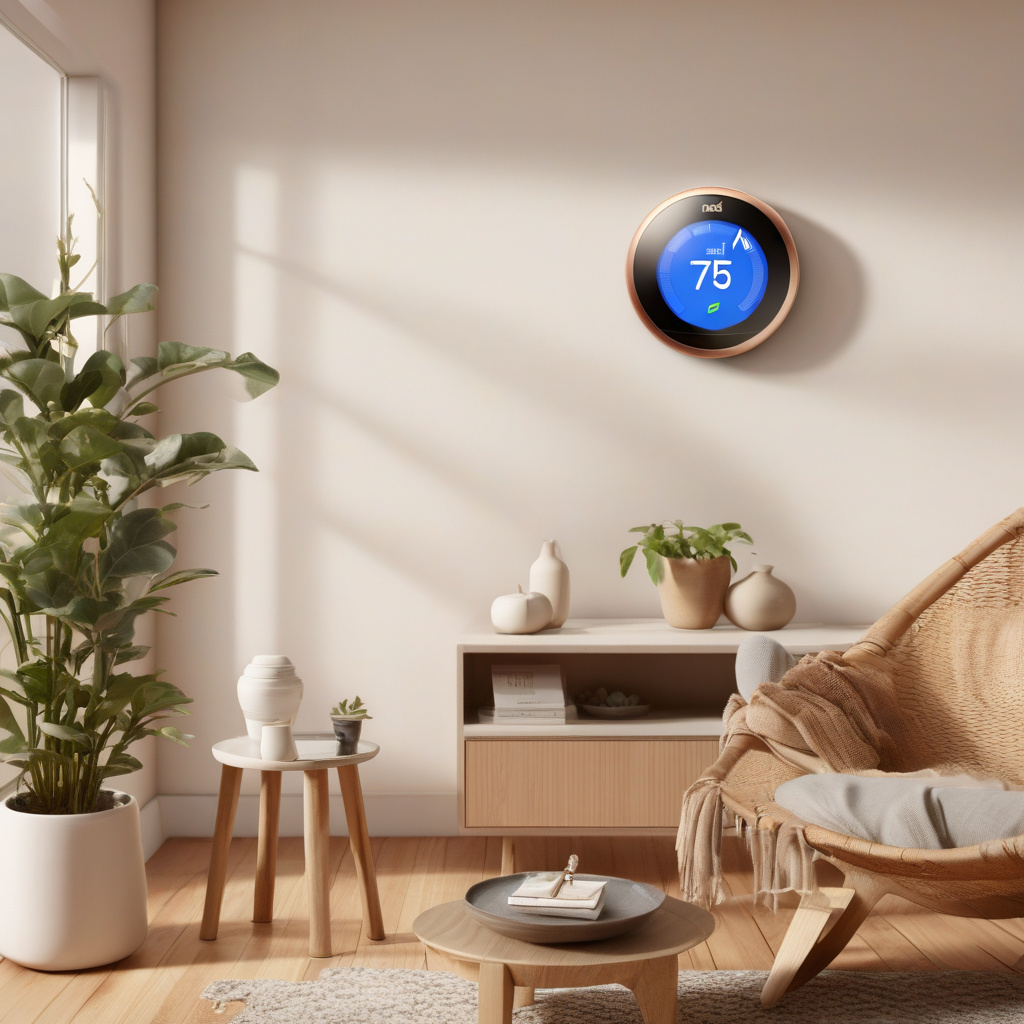In a recent announcement, Google has set a firm deadline for the end of support for the early models of Nest Learning Thermostats. As of October 25, users with first and second-generation Nest thermostats will no longer receive software updates or support from Google. This move marks a significant shift in Google’s approach to its smart home ecosystem, signaling a focus on newer technologies and product lines.
For owners of the Nest thermostats released in 2011 and 2012, this news may come as a disappointment. These early models, while revolutionary for their time, are now reaching the end of their lifecycle in terms of software support. With technology advancing rapidly, it is not uncommon for companies to phase out older products to allocate resources towards newer innovations.
While this decision may inconvenience some users, it is essential to understand the reasons behind Google’s move. By discontinuing support for early Nest thermostats, Google can concentrate its efforts on enhancing the functionality and security of its newer devices. This strategic shift allows Google to streamline its product lineup and provide a more seamless user experience for customers using the latest technology.
Furthermore, Google’s decision to stop launching new Nest products in Europe adds another layer to this development. While existing Nest users will continue to receive support, the absence of new products in the European market indicates a shift in Google’s global strategy. This move may pave the way for Google to introduce updated versions of its smart home devices tailored to meet evolving consumer needs and regulatory requirements.
For users with early Nest thermostats, this announcement serves as a reminder of the fast-paced nature of technology. As advancements continue to reshape the smart home landscape, staying current with the latest devices becomes crucial for maintaining optimal performance and security. While it may be challenging to part ways with beloved gadgets, embracing newer technologies can unlock enhanced features and capabilities that align with the demands of modern living.
In conclusion, Google’s decision to end support for early Nest thermostats underscores the company’s commitment to innovation and progress in the smart home industry. While this change may require some users to upgrade their devices, it also presents an opportunity to explore the latest advancements in smart home technology. By adapting to these shifts, users can harness the full potential of Google’s ecosystem and enjoy a more connected and intelligent home environment.

